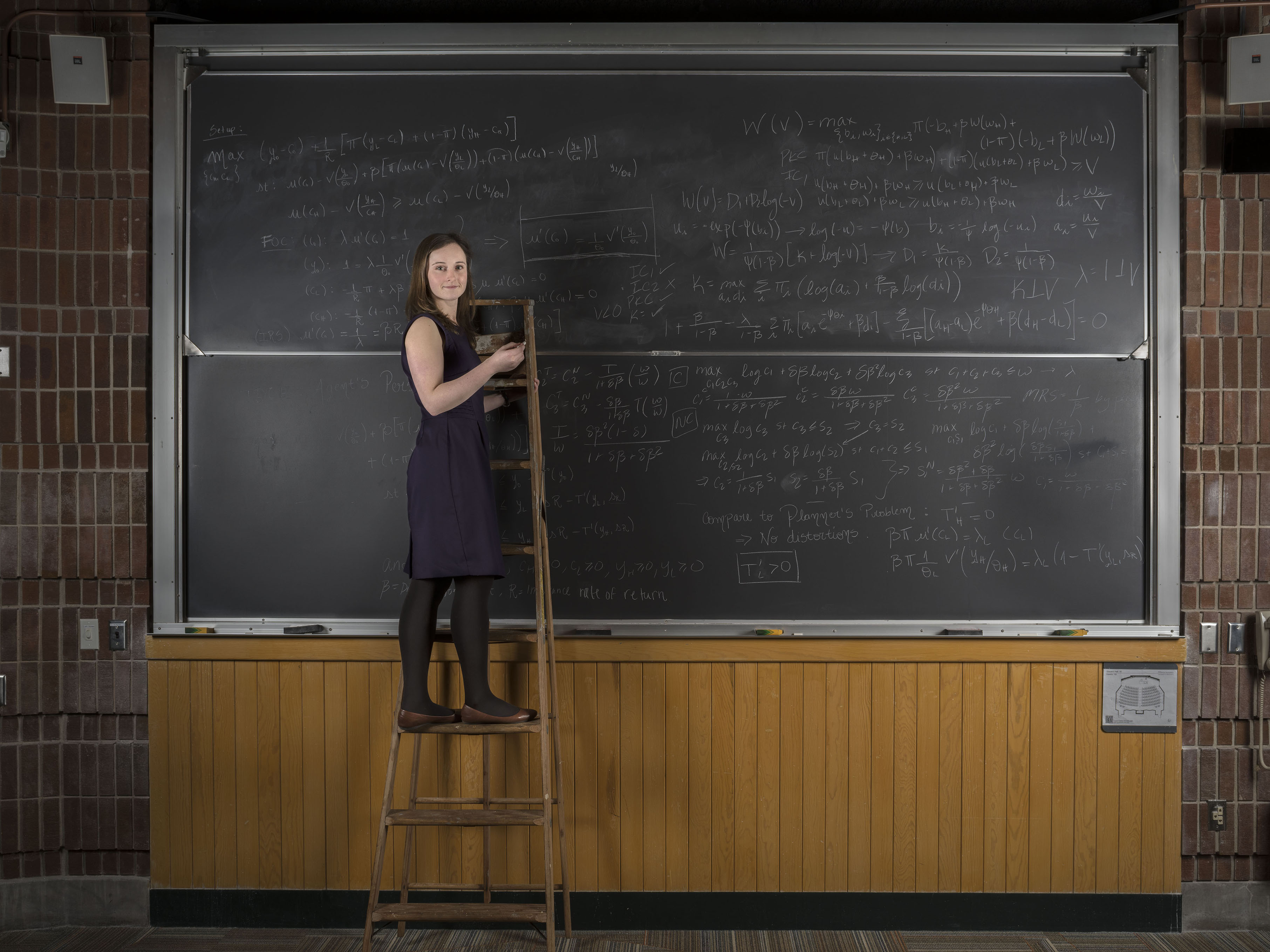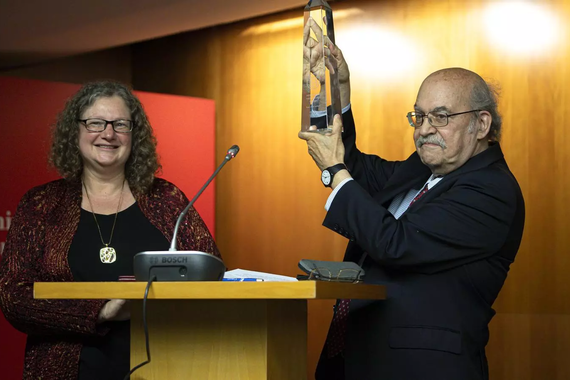On Purpose: Portrait of Economics

The Department of Economics at the University of Minnesota has for decades been a recognized world leader in advancing economic science and producing its future leaders. “Minnesota Economics” is known throughout the profession as combining theoretical rigor and the careful use of data to address economic questions.
Nine of our former PhD students or faculty have received the Nobel Prize in Economic Sciences. Our graduates help populate the top economics departments, central banks, corporations, and government institutions worldwide. Our undergraduate alumni occupy important positions throughout the Twin Cities, Minnesota, and the country as a whole.
Our scholars and alumni have advanced seminal work in areas like mechanism design and monetary and fiscal policy; made field-changing contributions to macroeconomic and international trade theory; provided new insights into industrial organization and economic decision-making; developed microeconomic theories related to public transportation and income distribution; and delved into areas with immediate policy implications like climate change, health care financing, and income inequality.
Our reputation rests on the work of these scholars who have nurtured an environment that is not only committed to academic excellence, but also to the belief that the best ideas are formed where research is critiqued and debated, and where challenging the status quo is encouraged.
Amy Neff (pictured) represents all the students in our PhD program who build on the foundation of those before them. Through theoretical rigor and the careful use of data they are striving to answer the pressing economic questions of our time. It is this tradition of “standing on the shoulders” of the giants of the profession who came before us that we continue to this day.


